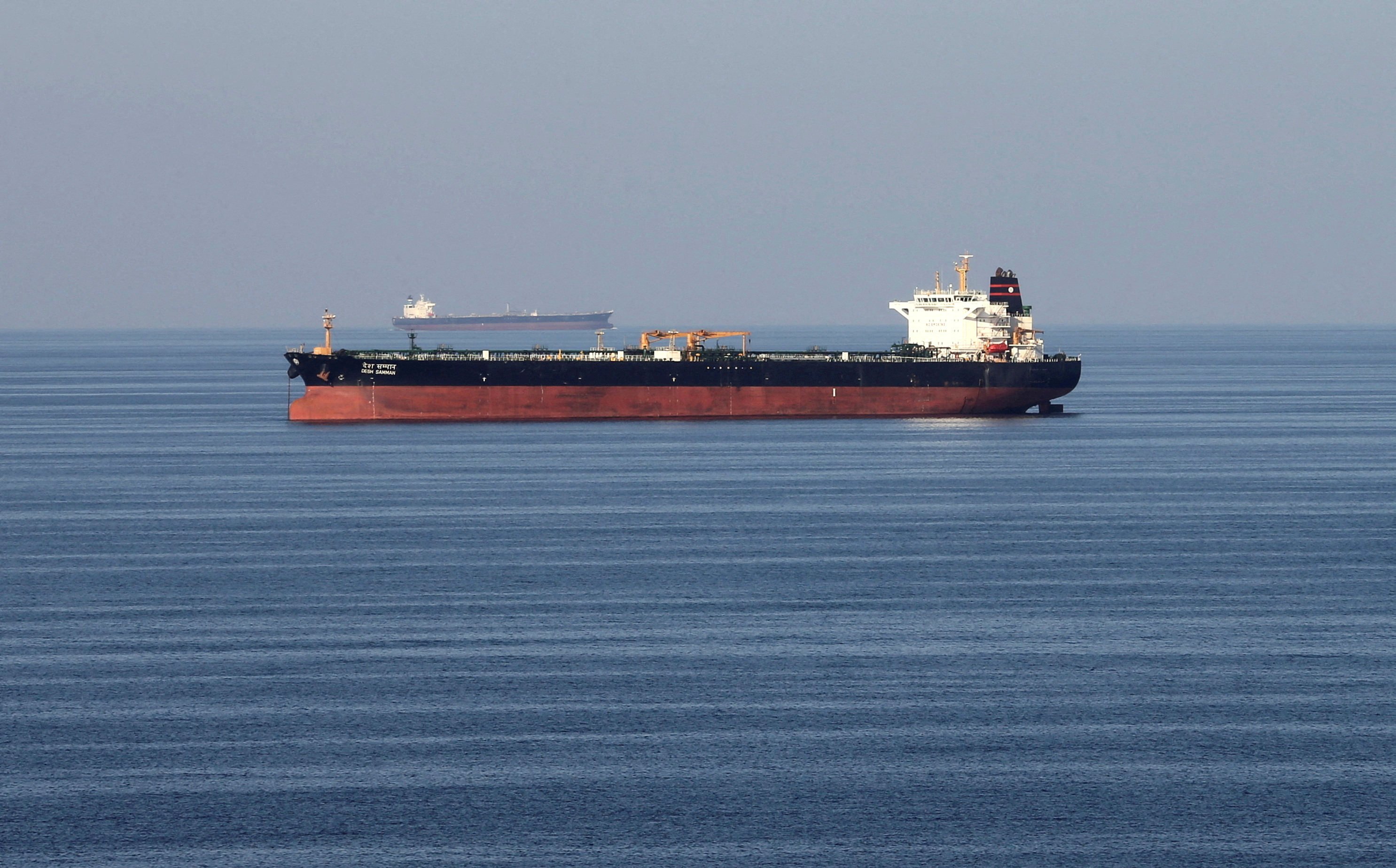China not seen as likely to use navy to secure Hormuz Strait
Negotiations would be preferred over military intervention, analyst says

China is highly unlikely to use its navy to secure the vital Strait of Hormuz if Iran threatens to close it as Middle East tensions rise, a top US analyst told reporters Monday.
Although China depends heavily on Middle Eastern oil, its approach would be shaped by quiet negotiations and self-interest, not direct military intervention, Richard Fontaine, chief executive of the Center for a New American Security, a Washington-based think tank, said.
Fontaine spoke at a CNAS press briefing on the consequences of US and Israeli air strikes on Iranian nuclear facilities, which have raised Middle Eastern tensions and prompted fears Tehran could try to block the channel for roughly 20 per cent of world oil shipments.
He pointed to attacks by Iran-aligned Houthi rebels in the Red Sea last year, when Beijing reached an agreement with the group to spare Chinese-flagged vessels.
“China acted, but it just cut a separate deal with the Houthis,” Fontaine said. Its focus, he added, was “protecting its own interests” rather than policing global waterways.
Although about 16 per cent of China’s seaborne crude came from Iran in early 2025, CNAS analysts said its approach would remain shaped by long-standing economic interests.
Beijing has invested heavily in Iran despite international sanctions, making it Tehran’s largest economic partner.
A 25-year comprehensive strategic agreement announced in 2021, reportedly worth US$400 billion, focuses on energy, infrastructure and transport. The deal guarantees Beijing long-term access to discounted Iranian oil while cementing Tehran’s role in its Belt and Road Initiative, aimed at connecting Chinese markets and those in the Middle East, Africa and Europe.
According to a review published by the US-China Economic and Security Review Commission in 2021, roughly one-third of Iran’s total trade is now conducted with China.
To bypass US sanctions, the two nations have developed sophisticated alternatives to the dollar-dominated financial system, including renminbi payments, barter arrangements and a “dark fleet” of tankers transporting sanctioned oil, the USCC review said.
The escalation has also led experts to wonder how closely Beijing is watching the crisis and what lessons it might draw from the precision and reach of US forces as it weighs moves towards Taiwan.
Beijing sees Taiwan as part of China to be reunited by force if necessary. Most countries, including the US, do not recognise Taiwan as an independent state, but Washington is opposed to any attempt to take the self-governed island by force and is committed to supplying it with weapons.
Stacie Pettyjohn, CNAS programme director for defence, said Beijing would be weighing the crisis carefully, but she stressed that its calculations in the Middle East would differ sharply from those over Taiwan.
She said precision strikes worked in Iran only because its air defences and missile launchers had already been weakened by attacks elsewhere. With Taiwan, she added, China would be far better prepared.
While Washington and its allies have strengthened their military posture in the Gulf, CNAS analysts said that rising tensions complicate long-standing US efforts to shift focus towards countering China in the Indo-Pacific.
As long as the threat of retaliation remains high, additional US assets will be needed to protect American personnel across the Middle East, Pettyjohn said.
Fontaine also said every new crisis in the Middle East delays that shift further.
“I wrote an entire book last year about the success of US administrations waiting for other parts of the world to settle down so they could focus on China and Asia,” he said.
“Here we are in 2025, and we haven’t got there yet.”
CNAS experts warned that the crisis is far from over and its impacts will be felt well beyond the Middle East.
“My only recommendation would be, don’t assume for a minute that this is over,” Fontaine said. “This is not the end of the book in US‑Iran relations. It’s just the beginning of a new chapter in that story.”